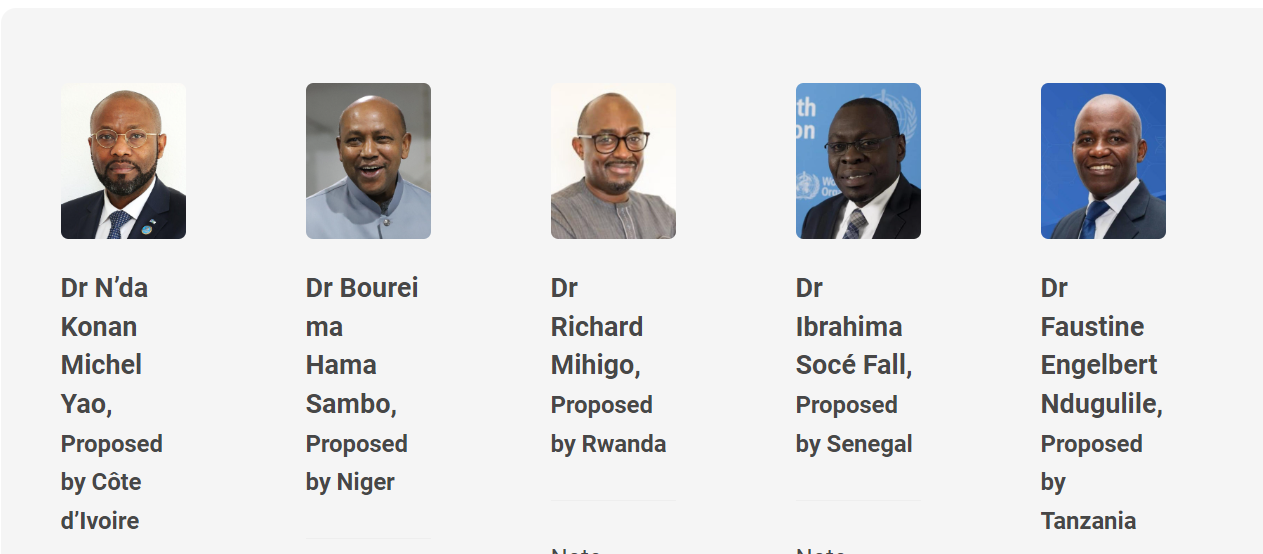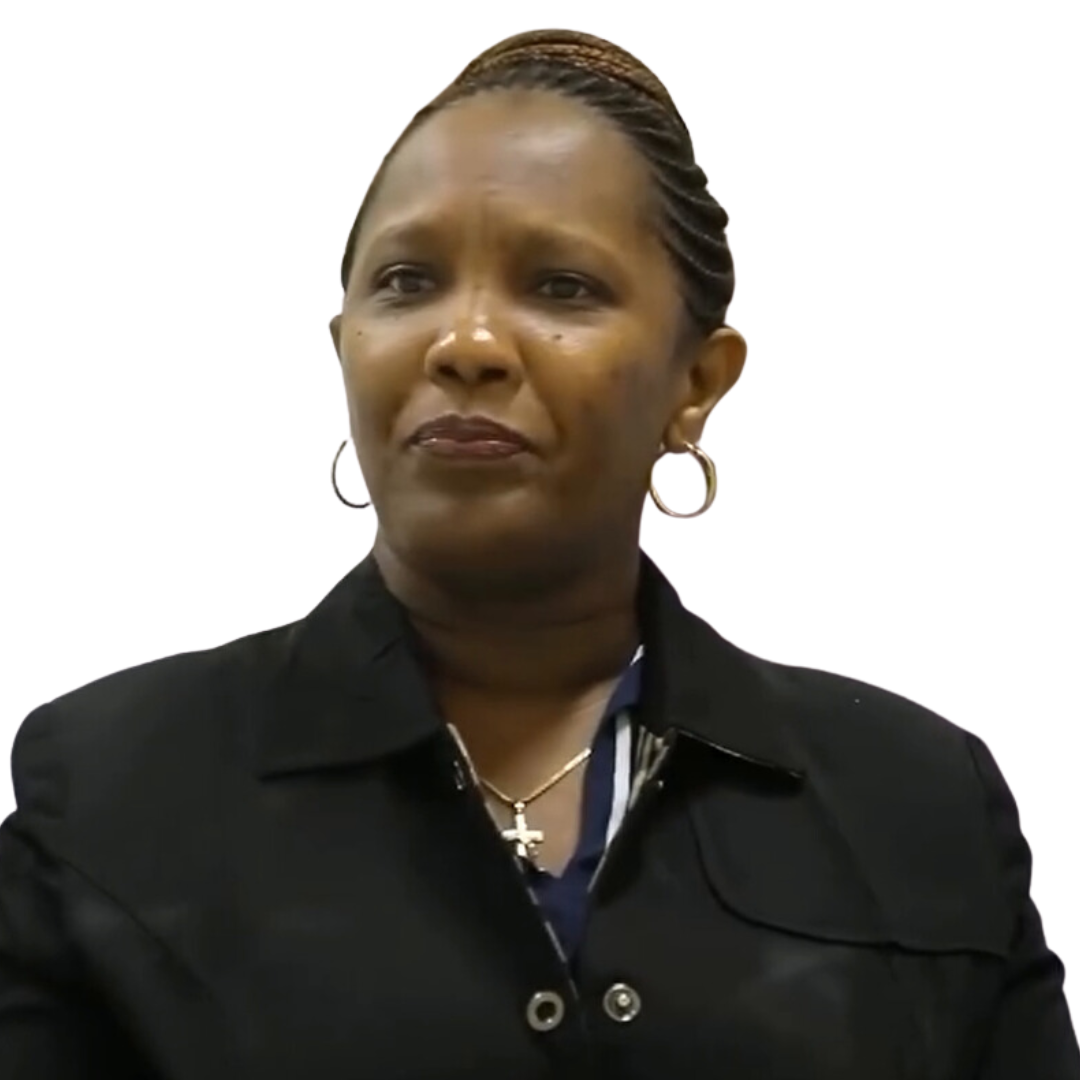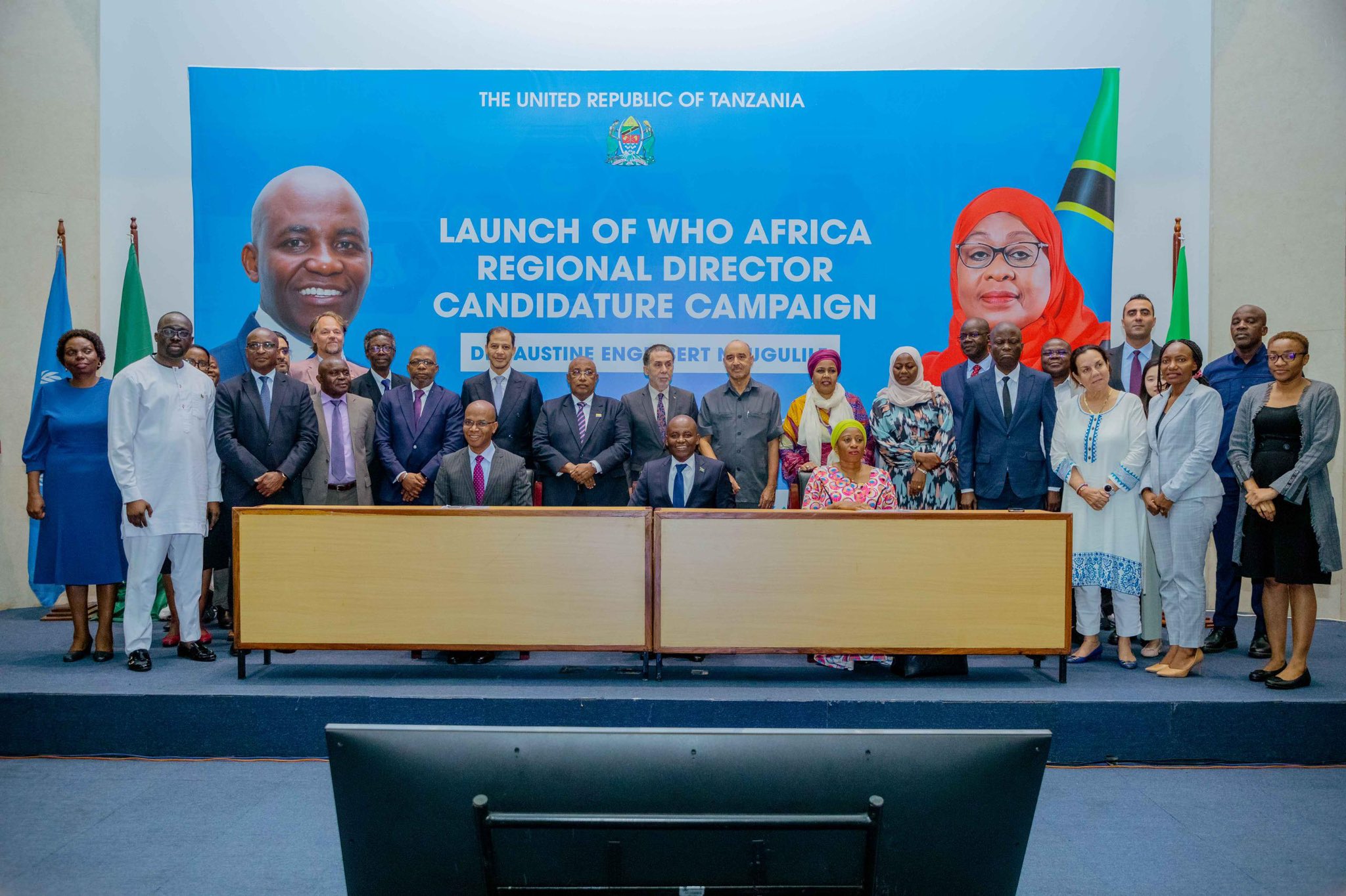Co-authored by Michael Brayson
For too long, countries like Tanzania, have been grappling with the burden of genetic diseases, some of which are considered “rare” elsewhere.
Genomics, the study of a person’s complete set of DNA (or genome), holds the potential to rewrite the narrative through precision medicine. This is a powerful new frontier which customizes healthcare based on a person’s genetic profile, allowing prediction of individual risk for conditions like cancer and heart disease, tailored drug prescriptions, and development of targeted therapies for once-intractable illnesses.
To many low- and middle-income countries (LMICs), however, this is deemed a luxury they cannot afford. It is presumed as too sophisticated, too expensive, or simply too premature for our health systems.
This also implies that, while other parts of the world are unlocking the secrets of the human genome to revolutionize how diseases are diagnosed, treated, and even prevented, the LMICs priorities lay elsewhere. Unfortunately, this premise overlooks a fundamental truth that the future of medicine is being crafted by a few, more developed regions such as Europe, North America, and parts of Asia only.
A turning point for Tanzania
The mindset that this science is not yet for us began to change when a group of young Tanzanian scientists, educated at home and abroad, posed a simple but thoughtful question: Why not us? Why should Tanzanians be excluded from the medical advancements that promise to define the 21st century?
This question was not born of naivety, but of a deep-seated conviction that every person, regardless of their origin, deserves access to the best possible healthcare. It was a challenge to the status quo and a declaration of scientific sovereignty.
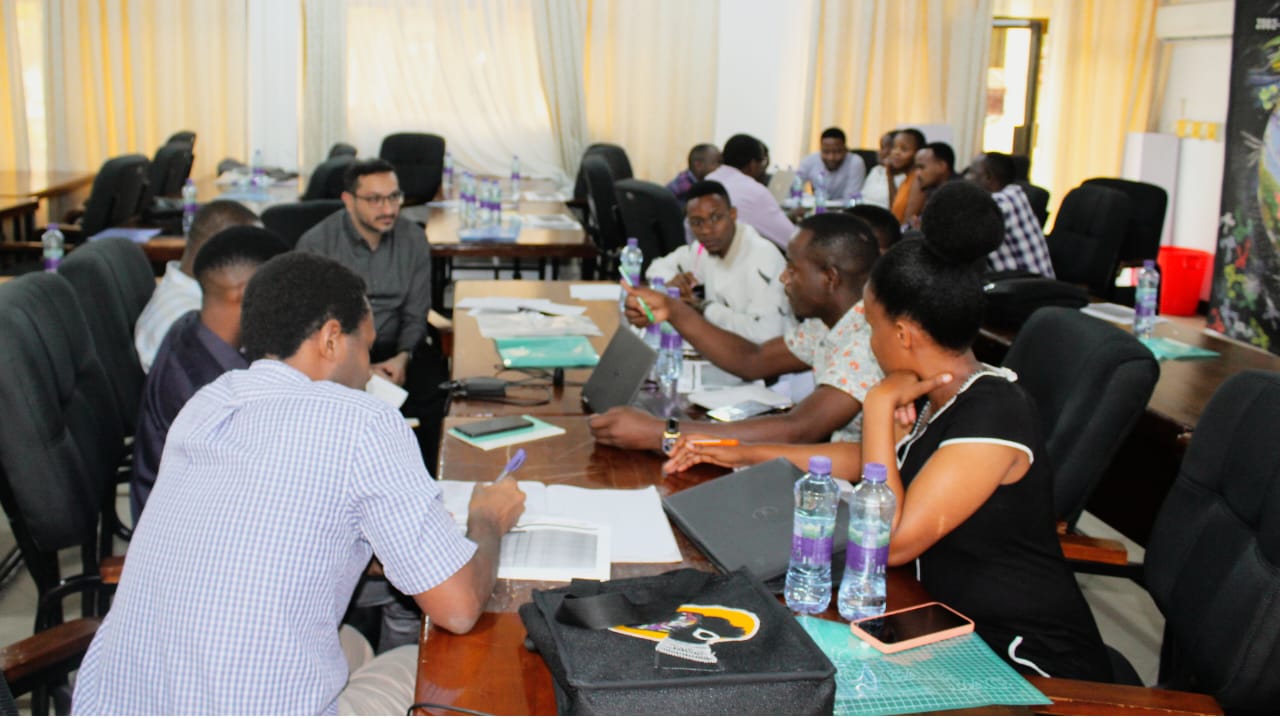
That catalytic question sparked the creation of the Tanzania Human Genetics Organization (THGO), a homegrown initiative born from the desire to drive research, education, and awareness around human genetics within our own borders.
Officially registered in 2021, THGO was not conceived as a top-down project funded by international donors, but as a grassroot movement. It has since blossomed into a vibrant, multidisciplinary community of scientists, clinicians, bioinformaticians, students, and patient advocates, all united by the foundational belief that the benefits of genomic medicine must be accessible to everyone, including Tanzanians. The organization’s philosophy is rooted in the understanding that Africa, with its immense genetic diversity, is not just a recipient of genomic knowledge but a critical source of it.
Five years of progress
The journey from a simple question to a national movement has been one of strategic, deliberate action. As Dr. Siana Nkya, the President and a co-founder of THGO, reflects, “We started THGO because we didn’t see Tanzania represented in the genomics conversations shaping the global health future. Now, just five years later, we are seeing what’s possible when local vision meets collective action.” This sentiment captures the essence of THGO’s evolution. It has been a journey of building from the ground up, focusing on the foundational pillars necessary for a sustainable genomics ecosystem.
To set the scene for the field of genomics and precision medicine to flourish, the organization resolved to take lead in the painstaking work of creating a scientifically literate workforce and an enabling policy environment. The impact of this approach is tangible. In 2019, even before its official registration, the nascent organization successfully hosted the African Society of Human Genetics conference in Tanzania for the very first time. This was a landmark event that plugged the nation directly into continental and global initiatives, signaling that Tanzania was ready to contribute to and lead in the field.
More recently, in 2023, THGO organized the first-ever National Human Genetics Stakeholders’ Meeting. This was not merely a conference, but a strategic convergence of minds from academia, government, and healthcare, which culminated in the drafting of a 10-year national roadmap for human genetics—a critical policy document that provides a blueprint for integrating genomics into the public health system.
Recognizing that technology is useless without expertise, THGO has also prioritized capacity building. Over 150 healthcare professionals have been trained through intensive, hands-on workshops focused on clinical genetics and the diagnosis of rare diseases. These sessions have equipped healthcare personnel such as doctors, nurses and lab scientists with skills to identify genetic conditions that were previously undiagnosed, misdiagnosed, or dismissed as untreatable.
Additionally, THGO is at the forefront in demystifying genetics for the general public. Through its media campaigns, outreach programs in schools, and events commemorating Rare Disease Day, it has fostered public awareness about conditions like sickle cell anemia, lupus, Huntington’s disease, albinism, and other inherited disorders that affect thousands of Tanzanian families.
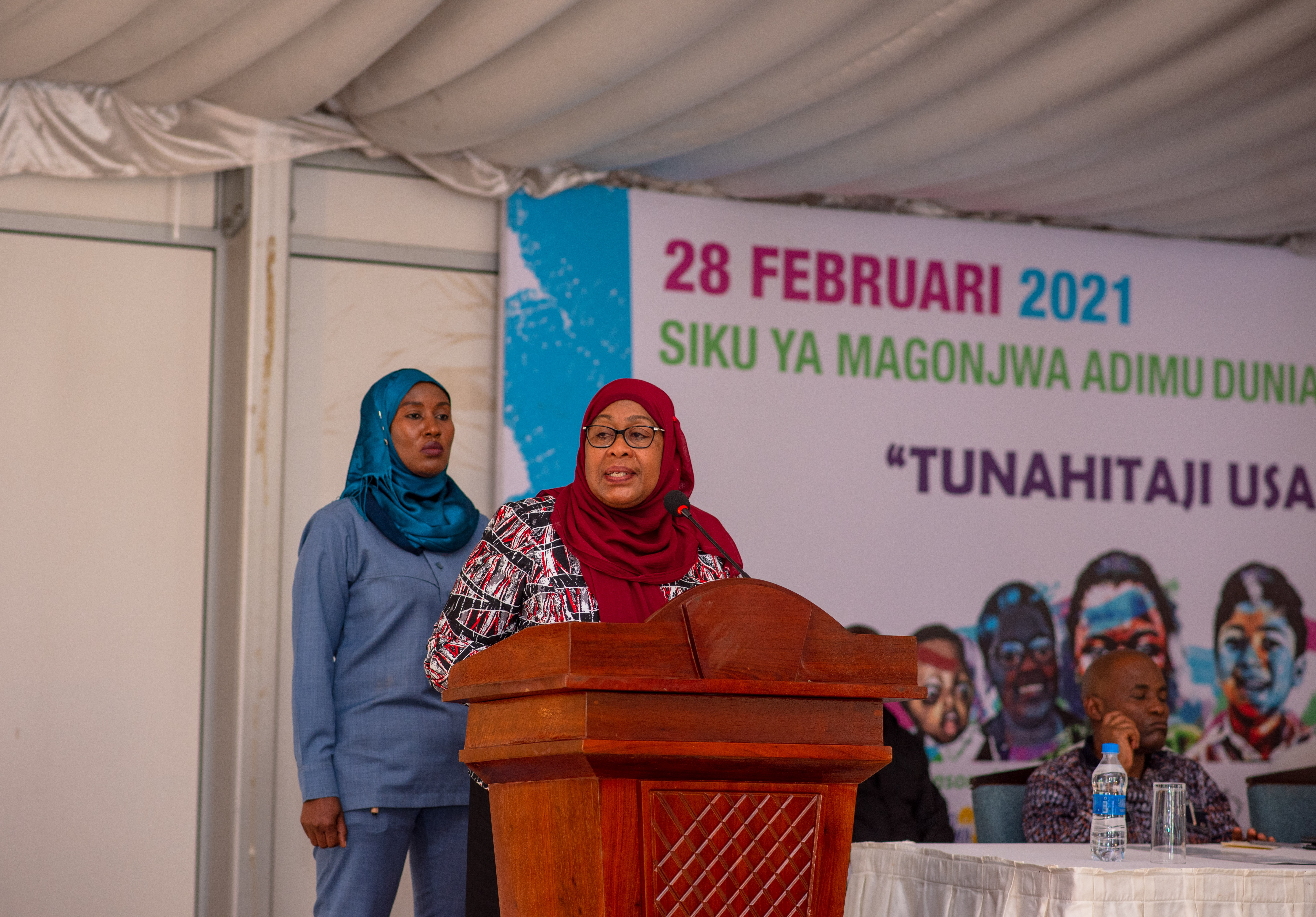
THGO has also established collaborative partnerships with key national institutions, including the Muhimbili University of Health and Allied Sciences (MUHAS), the National Institute for Medical Research (NIMR), the Government Chemist Laboratory Authority (GCLA), the Tanzania Commission for Science and Technology (COSTECH), and the Zanzibar Health Research Institute (ZAHRI) to create a powerful coalition for change.
Insights for LMICs
The five-year journey has yielded powerful lessons for other LMICs aspiring to build their own scientific futures. First and foremost, local leadership is non-negotiable. While international collaboration and funding are valuable, the agenda must be set and driven by local scientists and policymakers who understand the specific needs and context of their population. Sustainable progress hinges on local ownership, domestic funding streams, and direct engagement with national policy processes.
Second, capacity must precede technology. The allure of high-tech solutions can be a distraction. The real, lasting impact comes from investing in foundational infrastructure: a critical mass of trained people and robust national policies.
Third, it is time to reframe genomics as an essential component of public health. Many inherited conditions are undiagnosed, some of which are, in fact, not rare in Africa. Their collective burden on families and health systems is immense.
Finally, precision medicine is not a luxury; it is a necessity for achieving universal health coverage and ensuring that no one is left behind. The bold path Tanzania is forging from the power of asking: “Why not us?”, is a story of how a single question can ignite a scientific revolution from within.





